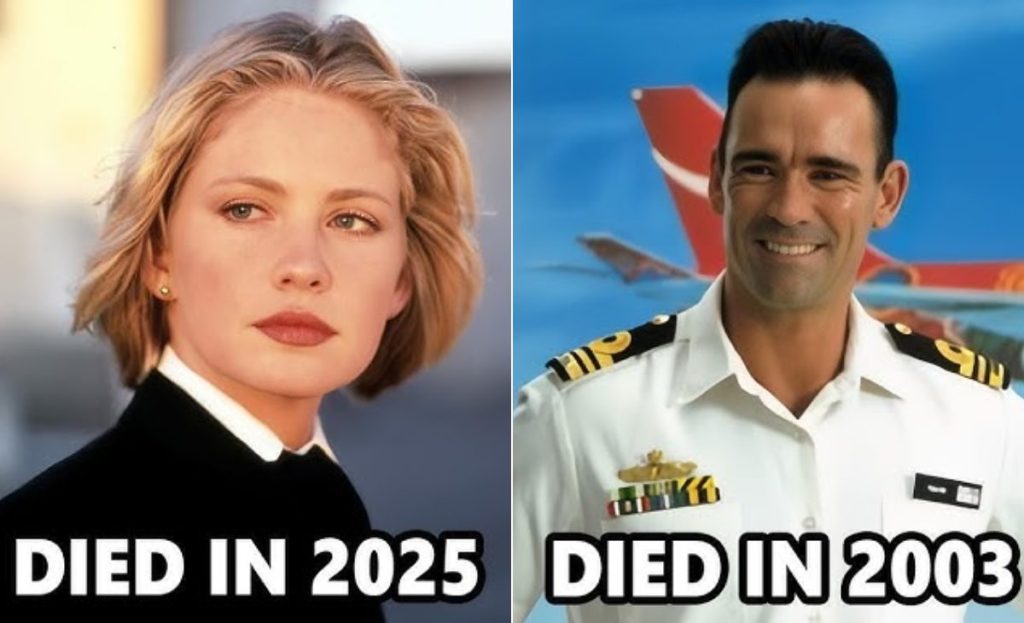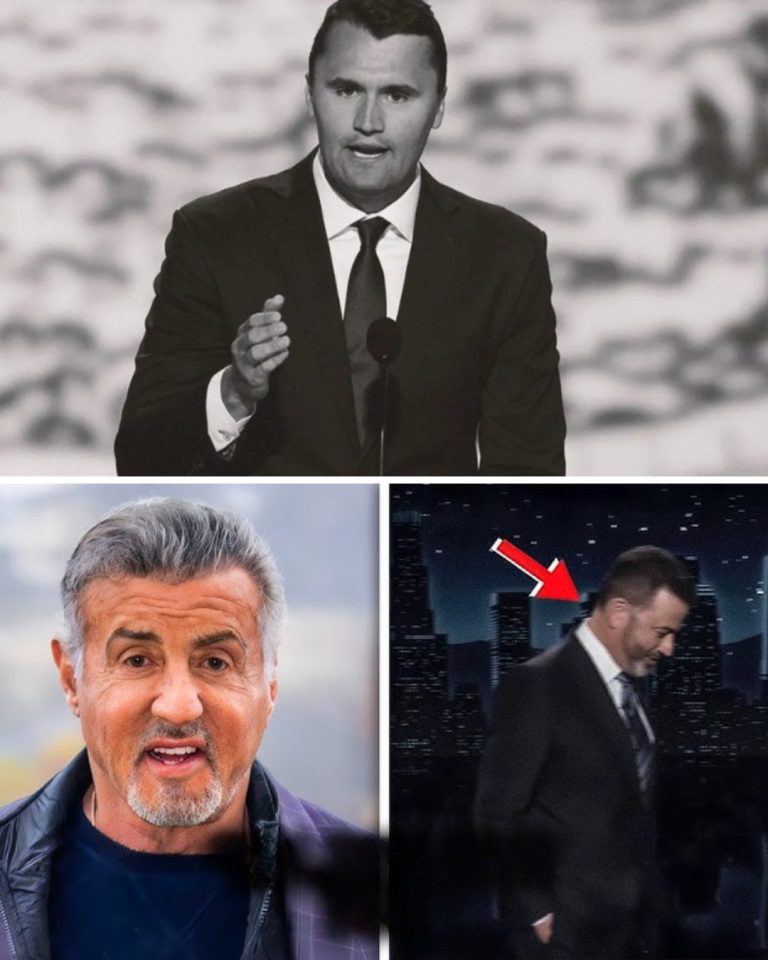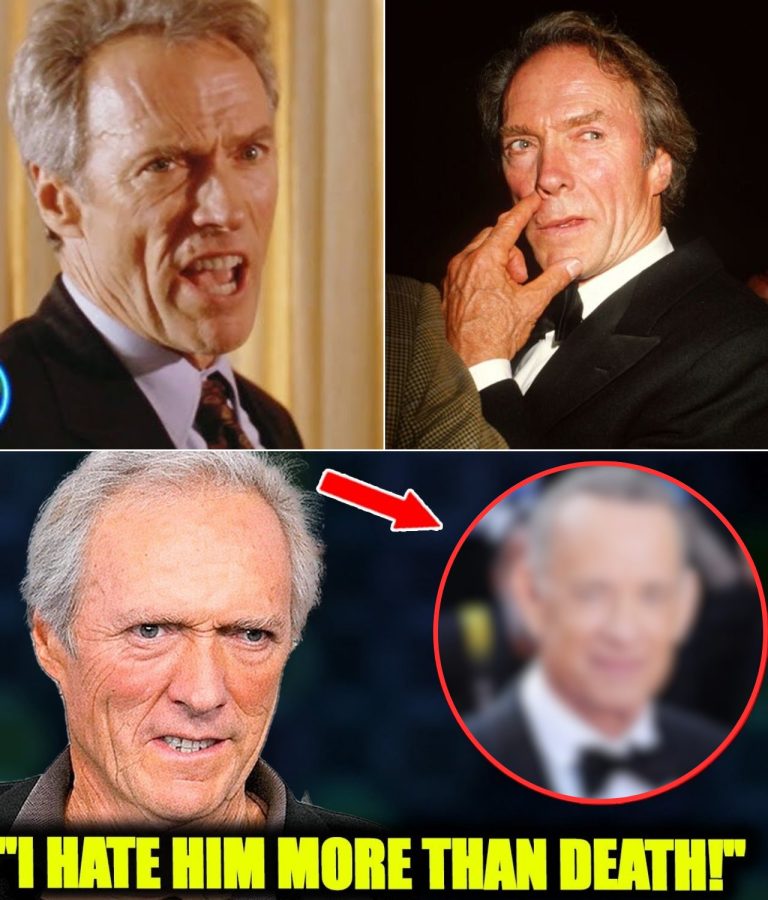“JAG,” the iconic military drama series that aired from 1995 to 2005, captivated audiences with its compelling narratives and unforgettable characters. Over its ten-season run, the show showcased a remarkable array of talent, many of whom have since passed away, leaving behind cherished memories and significant contributions to the entertainment industry. In this article, we pay tribute to 33 actors from “JAG” who have departed, reflecting on their roles and the lasting impact they made on fans.

One of the most notable actors was Dean Stockwell, who portrayed Secretary of the Navy Edward Sheffield. His commanding presence and extensive career, which spanned over 70 years, were on full display during his guest appearance in 2002. Stockwell passed away on November 7, 2021, at the age of 85 in New Mexico, due to natural causes, following a stroke that had forced him into retirement.
Julius Carry, known for his charismatic role as Alton Forland in 2001, was another talented individual we lost. He passed away on August 19, 2008, at the age of 56 in California from pancreatic cancer, diagnosed only months earlier. His versatility as an actor was celebrated across both television and film.
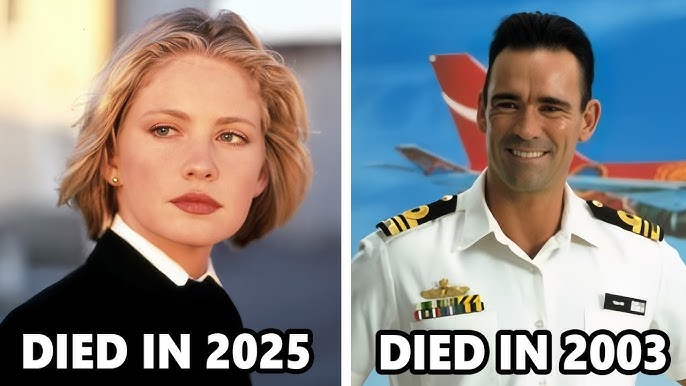
Another memorable character was Captain Alex Vulkanov, played by Alexander Kitov. He added depth and international intrigue to the series but tragically succumbed to lung cancer at age 59 on June 6, 2019, after a private battle with the illness. His legacy, marked by powerful performances in both Russian and American cinema, remains influential.
Shashan E. Hall, who played government agent Marvin Novak in 1995, was respected for his extensive career in television and film. Hall passed away on March 29, 2021, at the age of 59, though the cause of his death has not been widely reported.
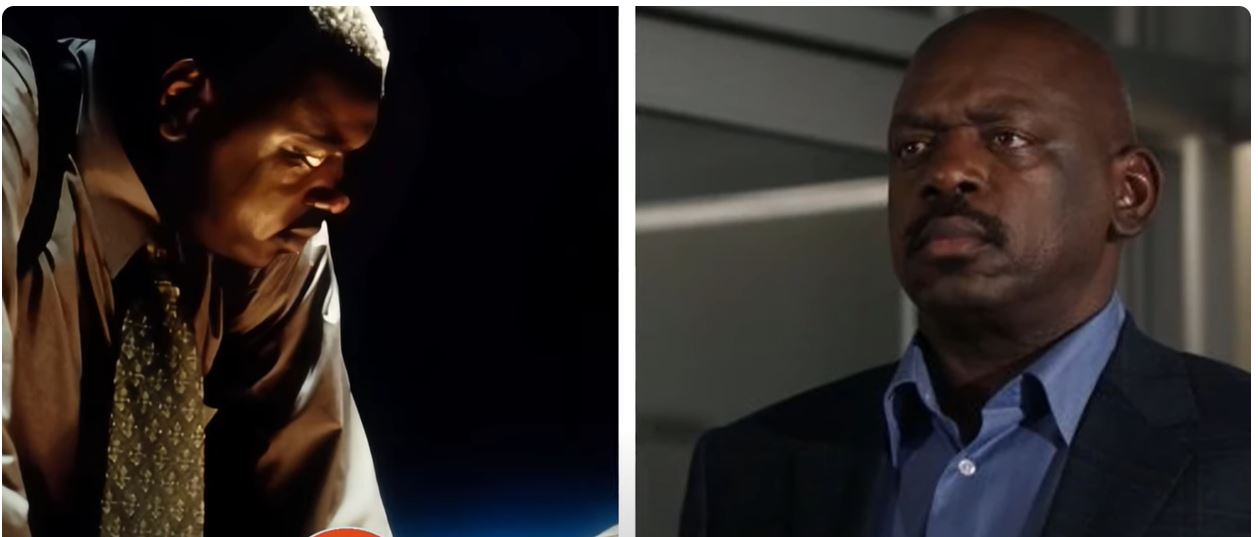
Bill Cobbs portrayed Chaplain Matthew Turner, bringing wisdom and compassion to the role. After a prolific career, Cobbs passed away on June 25, 2024, at the age of 90, from natural causes after battling pneumonia in his later years.
Barry Jenner, remembered for his performance as Captain Evans, passed away on August 9, 2016, at the age of 75, due to acute myeloid leukemia, a severe form of blood cancer. His work on “Star Trek: Deep Space Nine” further solidified his beloved status among fans.
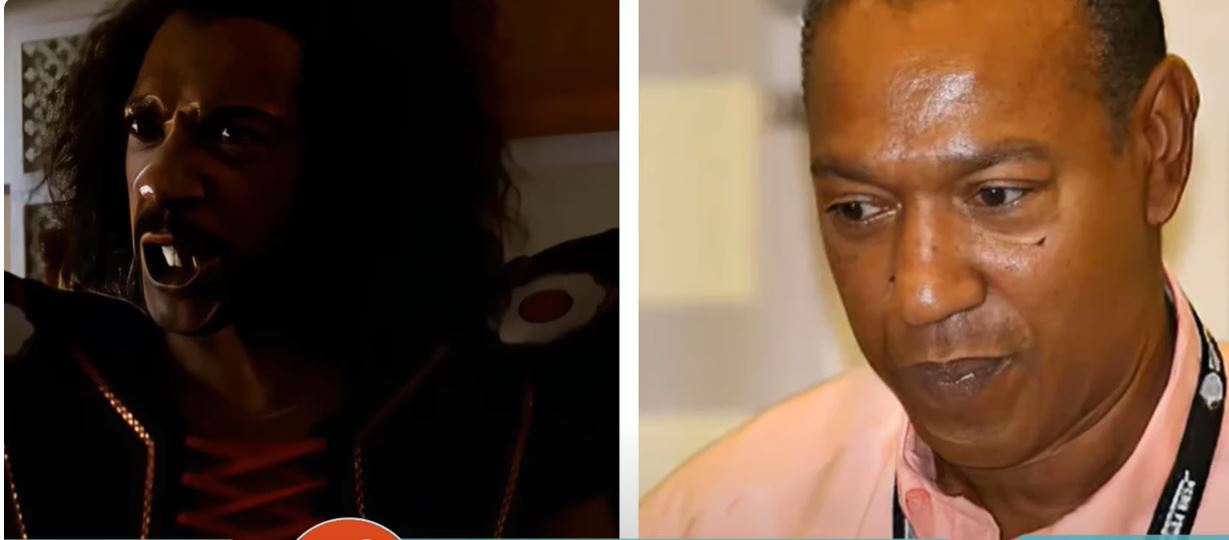
Among the diverse cast, Benny Vanera’s role as Turpin showcased his engaging character, but he too faced the battle of lung cancer, which he succumbed to on July 7, 2021, at the age of 74.
Tim Quill, who played Lieutenant Mason Painter, passed away on September 25, 2017, after a private battle with cancer. Although not a household name, he was respected for his performances in both television and film.
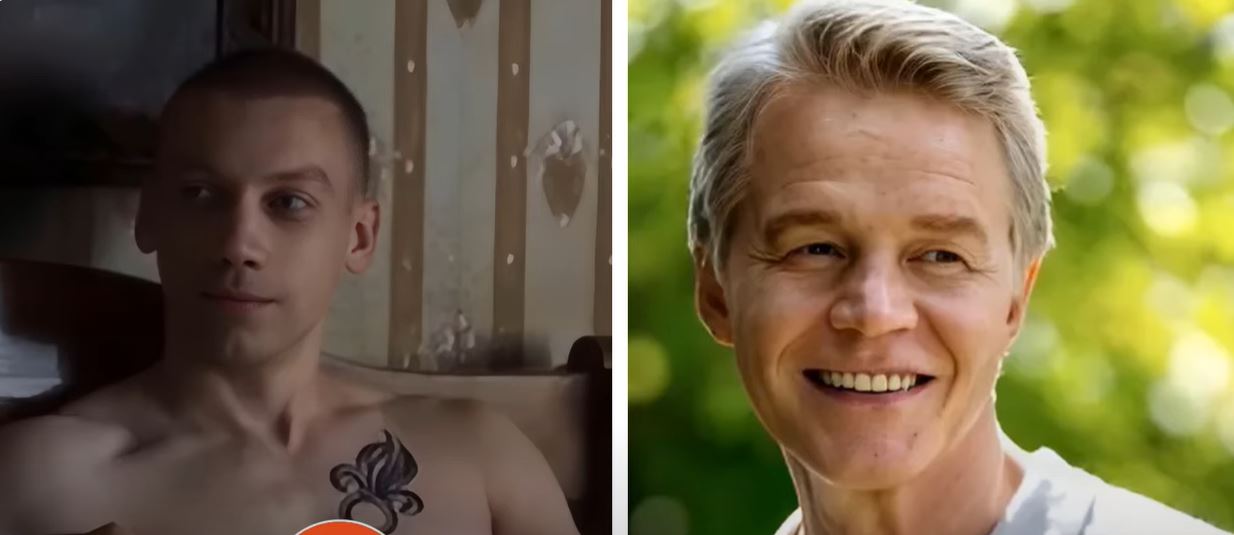
James Karen, who portrayed a former commander in “JAG,” passed away at the age of 94 on October 23, 2018, due to respiratory failure. His extensive career included memorable roles in “Poltergeist” and “Wall Street.”
Another significant loss was Michael Shannon, who played Major General Richard Pac. He passed away on November 23, 2023, at the age of 80, though the cause of his death has not been extensively reported.
Kevin Conway, known for his role as Rosco Martin, passed away suddenly from a heart attack on February 5, 2020, at the age of 77. His career included notable performances in “Gettysburg” and “13 Days.”
Lynden Chiles, who portrayed Admiral James Dawkins, died on May 15, 2013, after suffering fatal injuries in a fall at home. His career spanned over five decades, featuring roles in various iconic series.
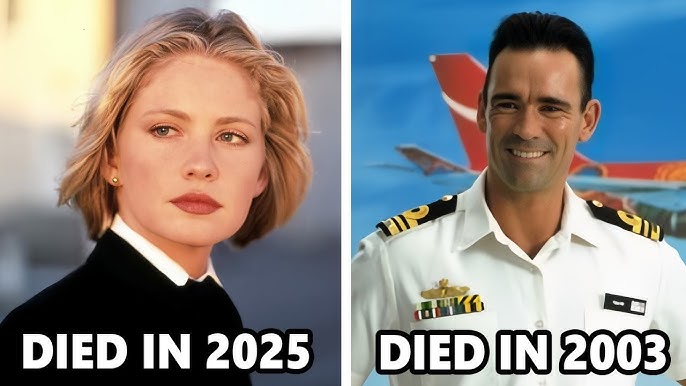
The loss of Trevor Goddard, who played Lieutenant Commander Brumby, was particularly tragic. He passed away on June 7, 2003, at just 40, due to an accidental drug overdose, a stark reminder of the struggles many face behind the scenes.
Charles Halahan, who played General Thomas Williams, died unexpectedly from a heart attack on November 25, 1997, at the age of 54, while driving in Los Angeles.
As we reflect on the contributions of these remarkable talents, we also remember the profound impact their performances had on audiences. Their legacies live on through their work and the memories they created for fans worldwide. As the “JAG” community continues to cherish the show’s legacy, we encourage fans to share their favorite moments and characters from the series in remembrance of those who have passed.
